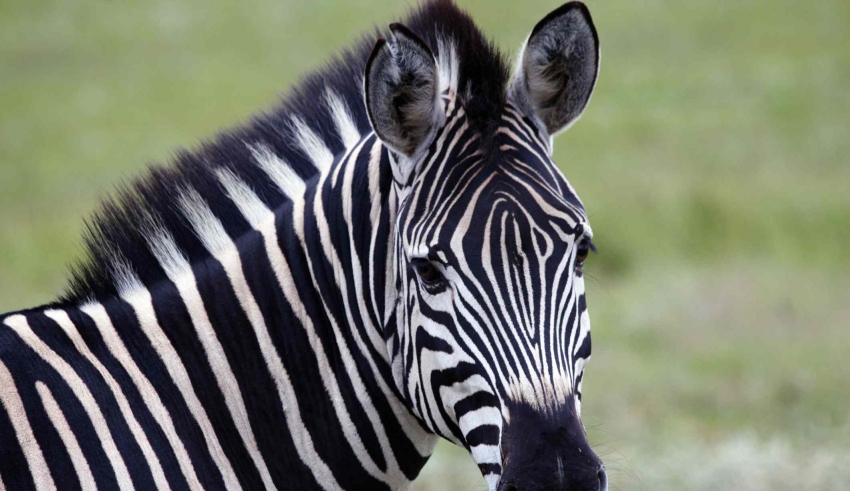
Obviously out in the real world, its hard to know where the middle of the scale is – 50% may not be the right point. There has been some work like Martin Seligman’s “Learned Optimism.” Seligman studied insurance people who do cold calling, and many of the agents get said “no” to 99% of the time, but the one that gets ‘no’ said to him 98% of the time is the most accomplished person in that field. His “maybe” range is just enough to keep him optimistic. There they are dealing with how the scale is set in a particular setting. But then you have people’s personalities that can skew the scale one way or another, so it’s almost as if you have to find out what works for each person within a particular range.
This might be hard to apply out in the world. I think what workplaces can do is shift the current one way or the other – towards more challenge or more risk tolerance. But whatever they do, it has to be created with the feeling of sincere benevolence.
It strikes me that a place like Las Vegas is brilliant at taking unpredictability in a highly malevolent setting (you could lose your livelihood) and through brilliant psychological engineering they make you think its unpredictability in a benevolent setting. There’s benevolence for you in particular because we upgraded you at the hotel, gave you free drinks and cheap food-whatever tricks they have to make you feel cared for. That’s just brilliantly engineered to make unpredictability benevolent even though it is incredibly malevolent.
So, the ideal setting is somewhere in-between the loss of hope and surety. But in between is a setting where failure is recognized as a valid effort, and success is not viewed as something we will now exploit by upping the expectation to ever-increasing levels.
Marcia Reynolds: Looking at change in organizations, why is there always this huge resistance to change, period?
Dr. Sapolsky: I don’t know if you saw a piece in the New Yorker five or six years ago, as to why people get less open to novelty as they get older. (Sapolsky, 1998) I did a sort of impromptu study to see at what age people start eating sushi or at what age people stop listening to new music, which prompted me to explore the concept of novelty where we are open, or not, to new experiences.
There’s one element in terms of resistance to change that is very common with aging. Take a lab rat. It doesn’t like new foods when it’s a kid. Then right around adolescence it loves trying new foods, but then at early adulthood it’s closed to food novelty. You look at that in non-human primates, where one of them invents a new type of tool and no adult primate ever learns how to use it. It’s always juveniles who discover it and then spread it laterally and to younger animals. There’s a lot of human, psychological and cultural baggage that goes into this closing oneself to novelty. It seems to be basic to our wiring. This is something that naturally we have to work to overcome. We must at least be conscious to what is really going on, instead of looking to make it seem right (rationalization).
But then we have to define what novelty is. What people have shown in studies, when you look at highly accomplished people who get closed to novelty as they get older, the big factor is not their age but how long they’ve been in that particular business. People who shift disciplines reset their clocks. People who stay in one place too long get entrenched.
The problem is that highly accomplished people are likely to stay within their discipline. They get eminent, at least in their own little world, so why should they do anything new for the rest of their lives? All something new will do is knock you back on your butt. So, the eminence of the highly accomplished is a huge thing adding to the resistance to change.
Download Article















